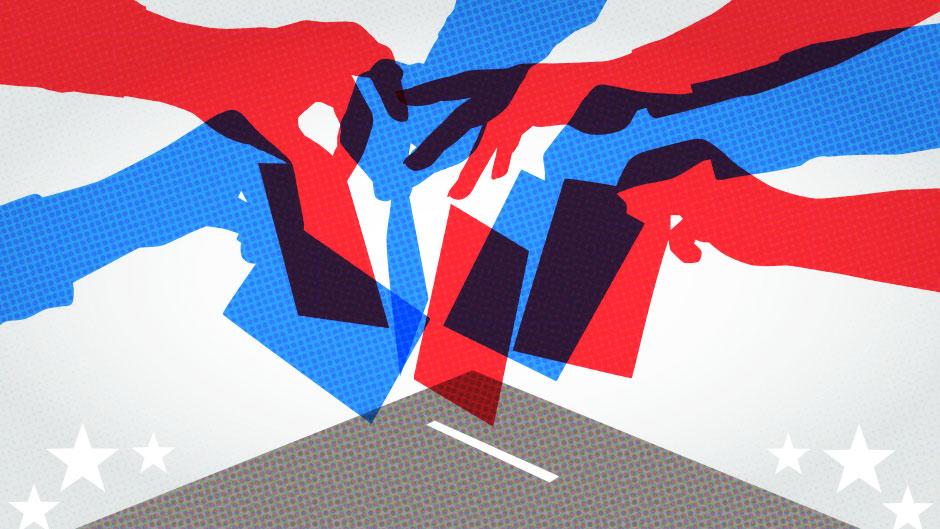The unexpected victory of Donald Trump in 2016 called the validity of election polls into question. In the wake of the 2020 election, a common narrative has been that election pollsters “blew it again” because Joe Biden did not win by the landslide expected by many prognosticators. While Biden did win the national popular vote and Electoral College as predicted, unexcepted presidential vote outcomes within states and in various Congressional races has pollsters, candidates, the media, and the rest of us searching for answers.
The industry standard bearer American Association for Public Opinion Research (AAPOR) has urged against a rush to judgment until a thorough analysis by survey research experts can be conducted. However, AAPOR’s analysis of the 2016 election gives us an idea of what might have happened in 2020. In 2016 AAPOR concluded that Americans without college degrees were underrepresented in election polls. Given that Trump overperformed Clinton among this demographic group in 2016, many polls underestimated support for Trump.
While the industry sought to correct for this education divide going forward, some have hypothesized that many Trump voters eluded pollsters again during the 2020 election cycle. This time the underrepresentation of Trump voters in election polls may have more to do with psychology than education. Simply stated, many ardent Trump supporters—encouraged by the President himself—distrust traditional authorities, the “mainstream” media in particular. Given that many election polls are conducted by news media outlets, when the final analysis of 2020 is complete it may be revealed that when pollsters from the major broadcast networks—CNN or even Fox News—came to call, many Trump voters simply did not answer.
Regardless of the size and source of election polling error in 2020, the following are two points for us all to consider going forward.
First, while anyone can put out a poll (look at your social media feeds and you will likely find at least one), high-quality survey research is expensive, time consuming, and difficult to execute successfully, especially when the electorate is as deeply and narrowly divided as it is today. As election polls are not all created equal, it is incumbent upon us to be mindful of the data source. Thankfully, data aggregators like FiveThirtyEight.com compile “grades” for polling firms based on methodological soundness and historical accuracy. In this same vein it is also important for consumers to look for the margin of error when poll results are reported, the +/- percent that should be listed next to any reputable summary of polling data. In short, the lower the margin of error the more precise the snapshot of the people the polling firm was able to contact.
Second, a broader question is whether election polls are useful in the first place. Knowing who might be ahead in the election, and how opinions of the candidates vary based on the characteristics of likely voters, is clearly useful information for candidates. Likewise, election polls are useful to the media, where fresh headlines and an ever-changing “score” in the race provide much-needed fuel for the 24-hour news cycle fire. But what about voters? Each of us should understand our own political preferences, the policy positions of the candidates, and cast our ballot for the candidate who comes closest to our vision of the future. Learning who might be winning at any given time in the lead up to Election Day might be entertaining, but does that information help us make this type of reasoned choice?
This idealized vision of enlightened citizenship aside, election polls are not going anywhere. As in the aftermath of 2016, in 2021 the polling industry will again take a look in the mirror to decide how to refine, yet again, this mainstay of U.S. politics. Our job as voters is to do a better job at consuming polls and making judgments (or not) based on them.
Casey Klofstad is a professor in the Department of Political Science at the University of Miami College of Arts and Sciences.

